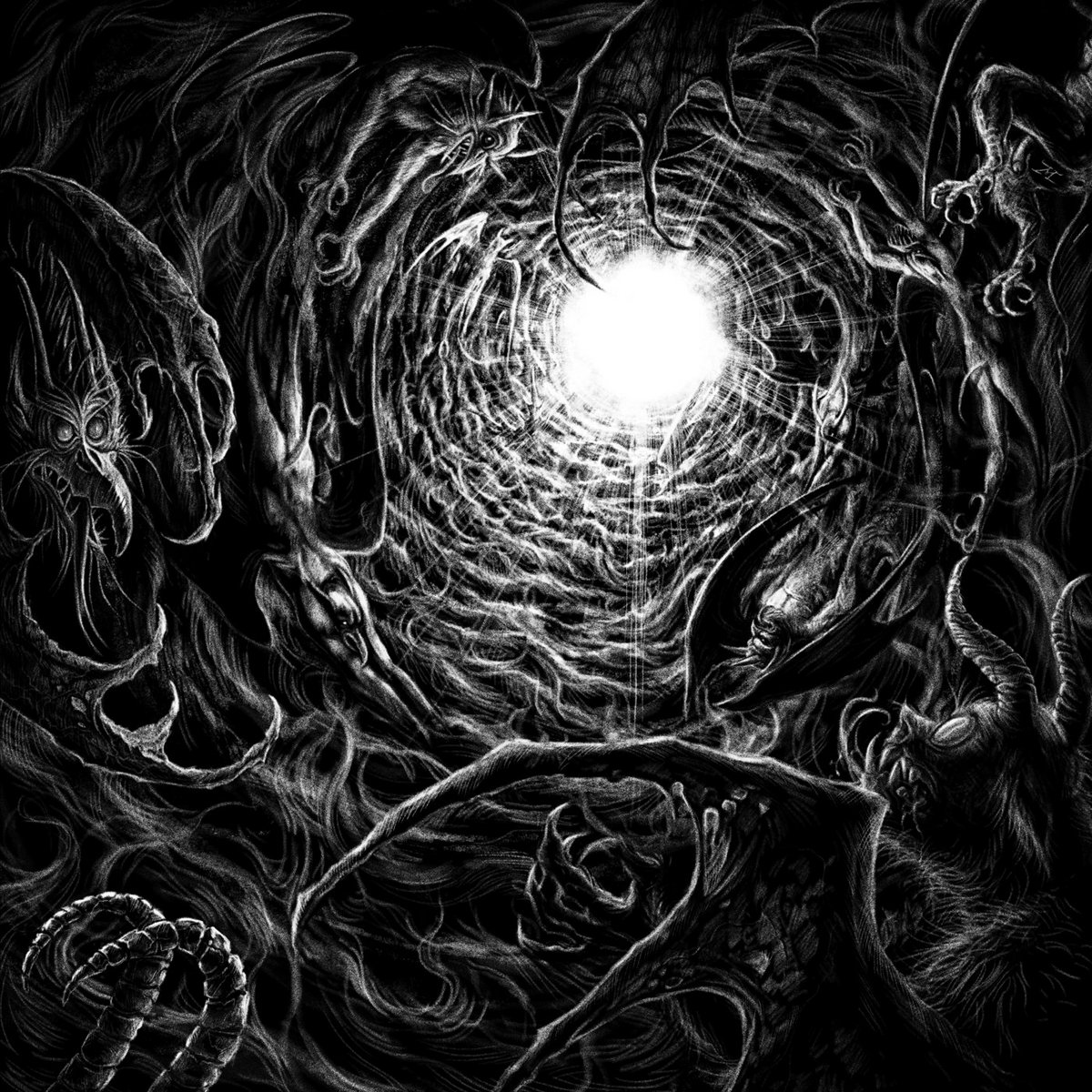Entering the Vortex can be a difficult process for the uninvited or unwanted. But LEAVING the Vortex is altogether more difficult... reavers may leave the Vortex, the Gods willing, but without exception, they are always called back - whether they want it or not...
That said, there are ways in and out for those in the know:
THE COMMON PATHS
The 13th Station of Passage is the easiest and most well-known route. Other, similar paths exist, but are more perilous or lead to distant places, and are traveled by few. More recently a path opened to Dusk... but already it is said if you go by this route you can go no further than Dusk.
THE DEEP PATH
Frozen Heart of the Vortex lies at the center of it all. For those brave - or foolish enough - to venture there, the road is wide open. The Vortex will spit you out wherever you want to go, and will no longer have any hold over you. Of course, a million champions have tried, but only a handful are believed to have reached the Heart.
THE OTHER PATHS
The Tyrant Star: the Tyrant Star is a baleful phenomenon that appears within the Vortex as often as without. Ancient legends tell that if a traveler can make his way INTO the Tyrant Star, it can take him not only WHEREver, but also WHENever he wishes to go. Unfortunately, the legends don't tell HOW this might be accomplished, although it's said that the renegade Rogue Trader Haarlock was able to do it.
The Wandering Moon/Gates of Moment: appearing within the Vortex is a small, wandering moon, a celestial body that seems to exist in multiple locations (and possibly times as well) at once. By landing on the moon, a traveler could leave the Vortex, though he has little control over where he'd end up.
Forbidden Portal: many legends tell of the Forbidden Portal, a huge edifice of bone and crystal that never opens, but promises to take a traveler elsewhere. There are two problems: It's never been opened and its location isn't known - each legend places it in a different place.
Path of the Dead: there is said to be a place within the Vortex, where Chaos has no power. None at all. The slumbering dead wait here, waiting for a call to arms. These are the Necrontyr, and they have to power to come and go as they please, crossing the void between the starts a men pass through a door.
The Webway: the Eldar have a presence in the Vortex, have had since time immemorial, and they have never been bound to it like other races. It is thought that the Eldar webway leads to the Vortex, and that at least one such passage is still open and possible to travel along by starship.




